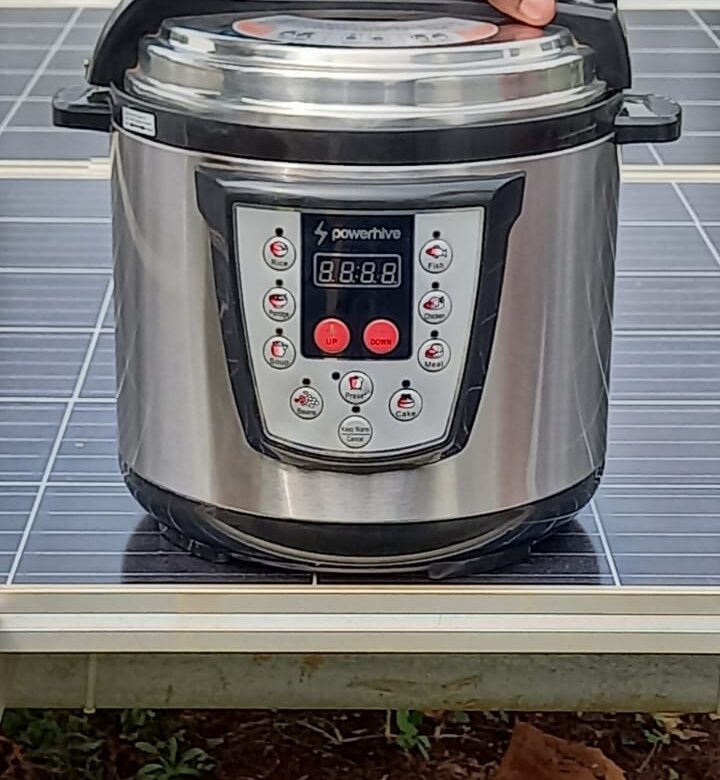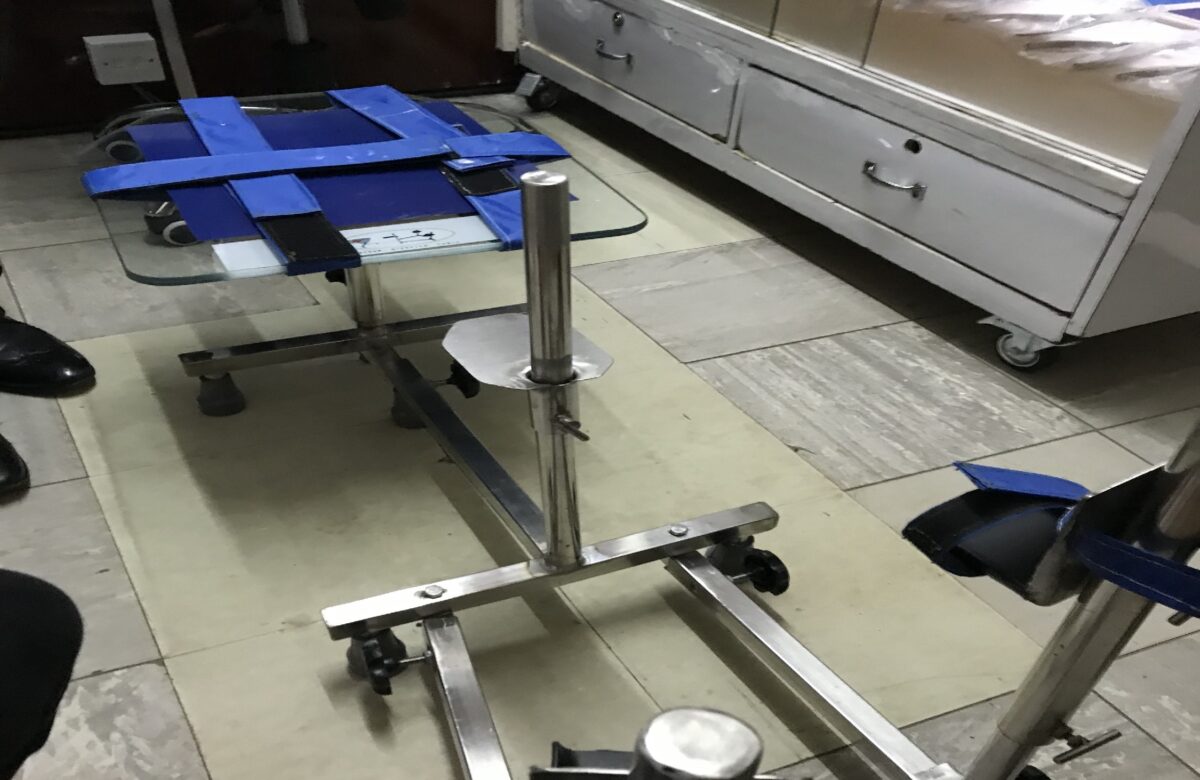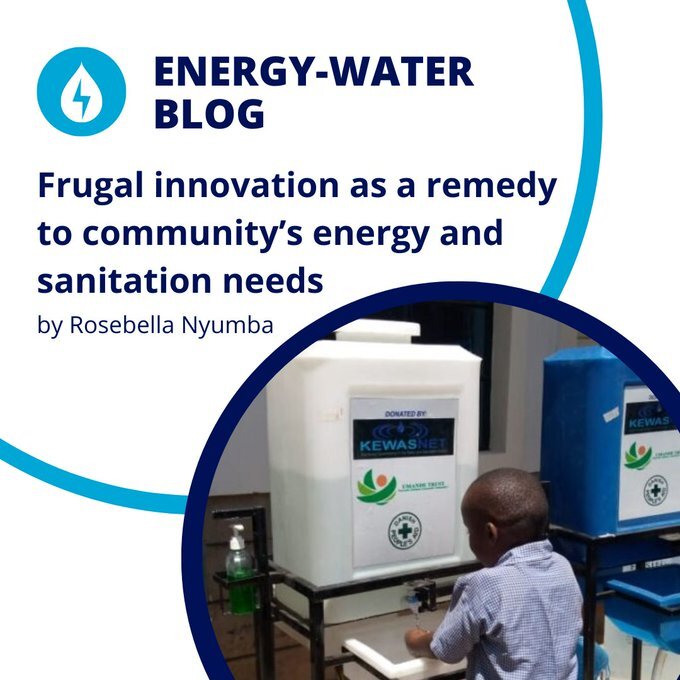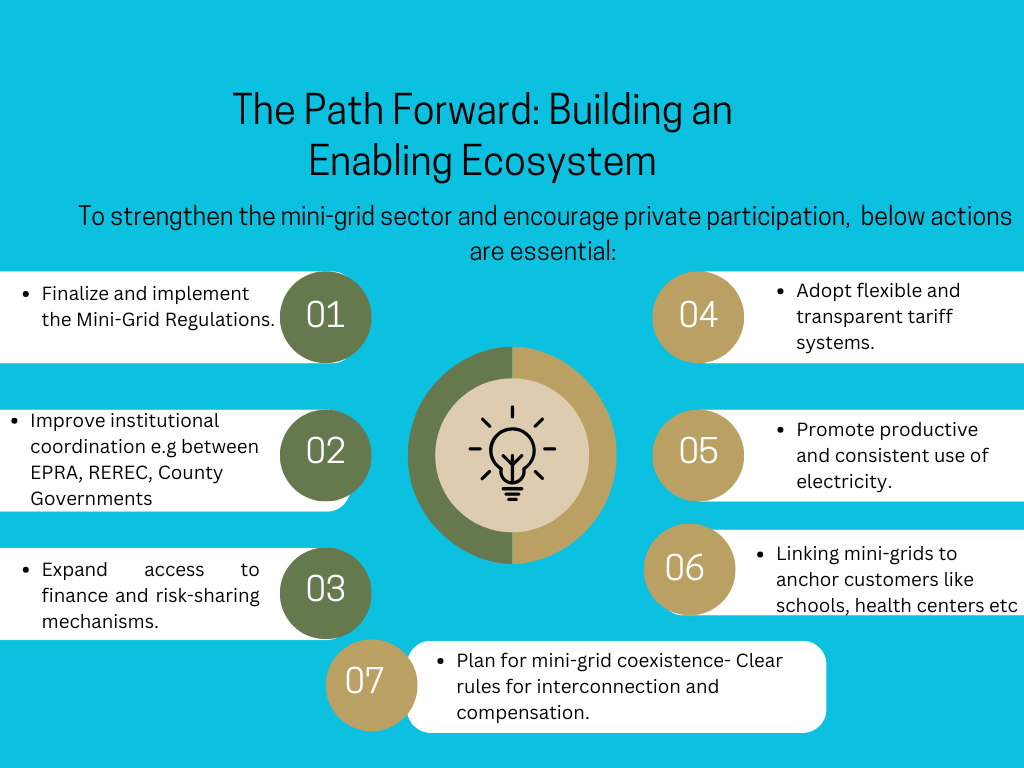Understanding Knowledge, Perceptions and Beliefs of eCooking
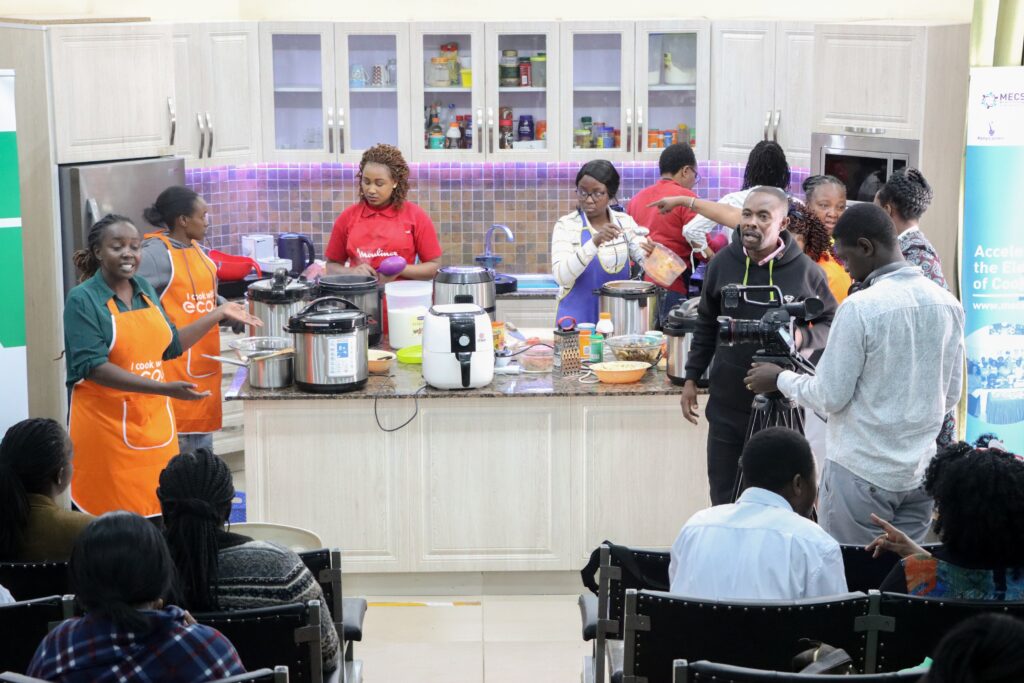
Clean Cooking Solutions
Globally, there are calls and efforts to achieve sustainability in all sectors. Energy has not been left behind either in these efforts. Energy, a key pillar for development, contributes immensely to the global discourse on climate and therefore adoption of sustainable energy value chains is timely. In Kenya just as like in many developing countries, many people continue to rely on biomass energy for cooking. However, there has been a traction towards adoption of clean cooking solutions in an effort to contribute to and achieve Sustainable Development Goal 7.
Kenya has set a target of achieving clean cooking by 2028 through various clean cooking solutions, electricity being one of them. In this light, a first of its kind in Africa, the Kenya National electric Clean Cooking Strategy (KNeCS), provides Kenya with a roadmap for achieving this target through acceleration of the adoption of electric cooking. Kenya has made tremendous strides in electricity access which has been achieved through grid and off grid connection systems. Therefore, the KNeCS seeks to bring a convergence between electricity access and electric cooking to spur the utilization of the already existing electricity connections to achieve clean cooking. To understand the current ecosystem around electricity access and electric cooking, various approaches will be applied throughout the process, one of them being stakeholder engagement.
From the forum, it was apparent that people across different socio-economic divides and geographical regions had different views and opinions regarding electric cooking.
One of these stakeholder engagement forums was the Clean Cooking Week which was held from 28th November to 2nd December 2022, guided by the theme “Transforming the Enabling Environment to Achieve Universal Access to Clean Cooking by 2028”. The clean cooking week, which was organized by the Clean Cooking Association of Kenya (CCAK) in collaboration with the Ministry of Energy and Petroleum together with their partners, brought together different stakeholders in the clean cooking sector. During this Clean Cooking week, electric cooking was given attention. At the culmination of the Clean Cooking week, an E-cooking day, which was coordinated by Nuvoni Center for Innovation Research in collaboration with Modern Energy Cooking Services, Ministry of Energy and Petroleum and Clean Cooking Association of Kenya and was held at KPLC’s Pika na Power demonstration Centre at Electricity House. The aim of this participatory stakeholder engagement forum was to bring an understanding of the participants’ knowledge, beliefs and attitudes regarding e-cooking.
Negative Perceptions
Negative perceptions about electric cooking have affected the uptake of e-cooking. Some of these negative perceptions have acted as bottlenecks, curtailing the rapid adoption and diffusion of electric cooking even for citizens connected to the grid. Glaring was the cost aspect. Participants expressed their concerns regarding escalating cost of electricity when an additional load of cooking was added. Currently, people already feel overburdened by the electricity costs and fear adding the additional cooking load on it. The cost of the cooking appliances was also a factor of consideration. Appliances such as EPCs were termed as out of reach for many Kenyans.
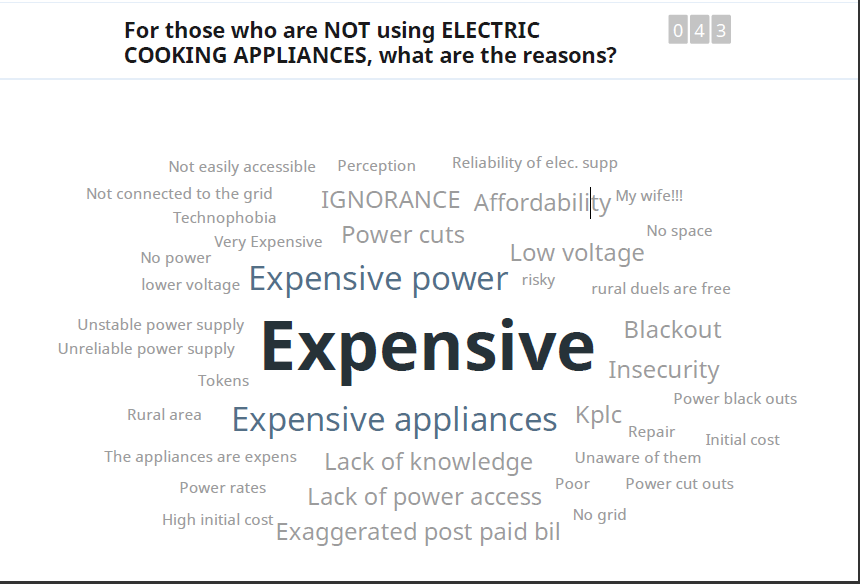
All is Not Lost
Achieving deep work should be our goal in any team, but doing it in an office setting can because of so many distractions. Asynchronous communication in a remote setting is perfect for it. I’m not a fan of long reads with too many unnecessary details, so I’ll “jump” into the subject right away. My guide consists of several parts; thus, you can stop reading at any point when you understand that what you have learned.
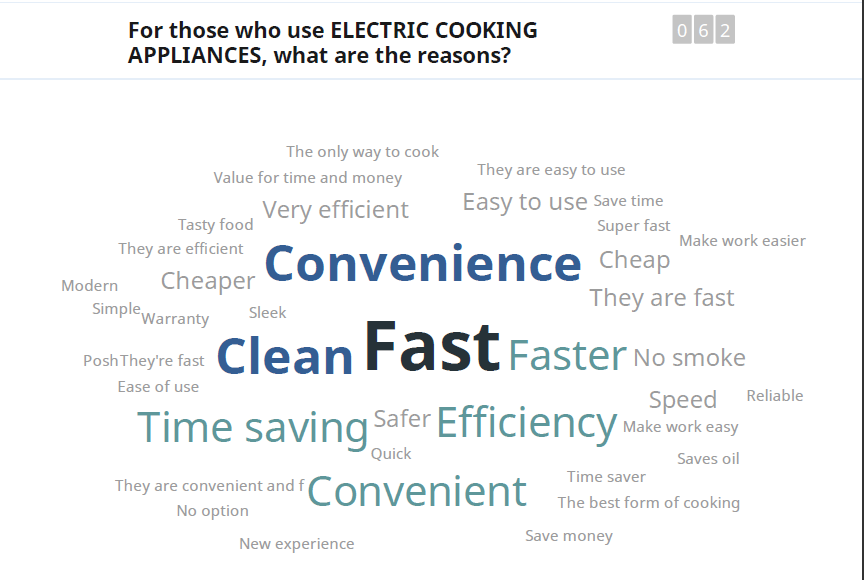
Way Forward
Awareness creation through user experience, among other methods, needs to be adapted as a useful tool in changing negative perceptions regarding eCooking. This was exhibited during the eCooking day during demonstrations using electric cooking appliances such as Electric pressure cookers, air fryers and rice cookers. Participants, through an interactive cooking session, were able to learn about a range of efficient appliances that they can adopt, how to technically operate them, how to use them with the local cuisines to get the desirable result, safety measures etc.
Consumer awareness should also be taken with the seriousness it deserves. The aim is to educate the masses on the benefits of switching from the polluting fuels to electric cooking. Efforts to achieve this should be as inclusive as possible such that no one is left behind.
An environment that supports the development and growth of electric cooking value chains need to be emphasized now and into the future. Developed of a suitable policy environment for the development of the electric cooking supply chains is important.
There is need for improving access to modern efficient electric cooking appliances both in the rural and urban areas. This includes mechanisms that will make the appliances affordable to the majority of Kenyans.
Related Perspectives
Physical Address
No. MK088, Ushindi West Avenue,
Mukuyu Rd (Mukuyu West Wing), Thome 1
Nairobi, Kenya
Organization
Subscribe for newsletter & get news, events and publications updates
Contact Us
Office Tel: (+254) 20 8009928 |
Mobile: (+254) 706 324 467
© 2026 Nuvoni Research

